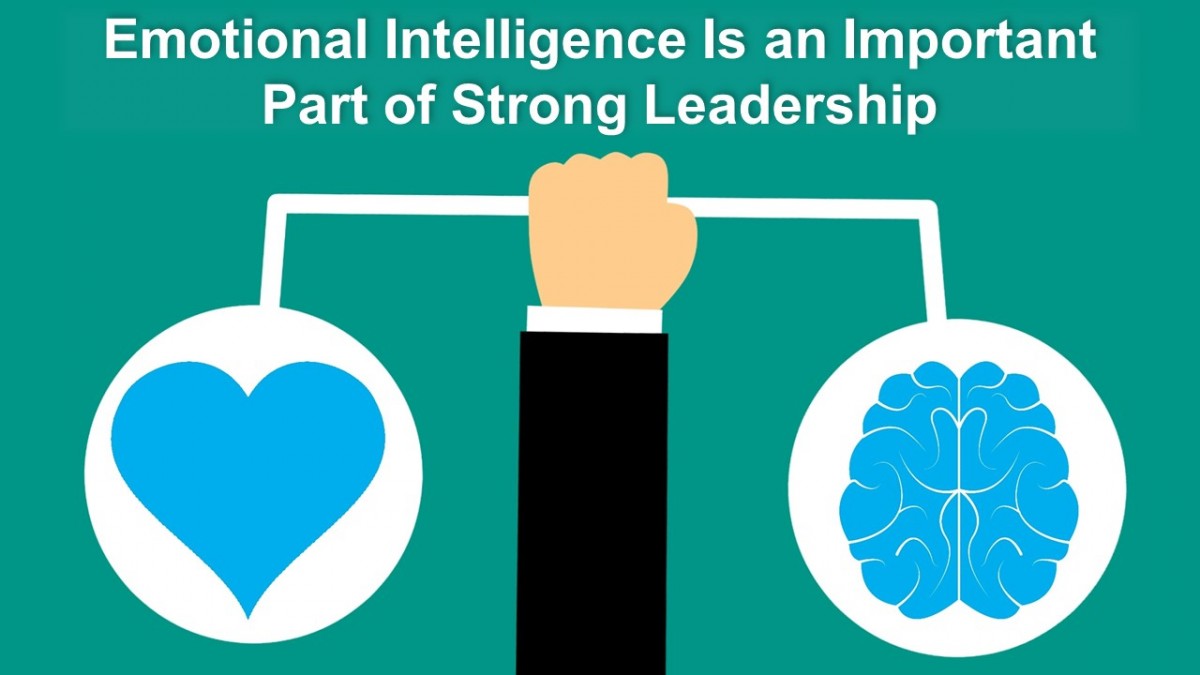In today’s rapidly changing business environment, effective leadership goes beyond technical skills. One critical factor that contributes to strong leadership is emotional intelligence (EI). Emotional intelligence refers to the ability to recognize, understand, and manage one’s own emotions and the emotions of others. Leaders who possess high emotional intelligence are better equipped to navigate complex interpersonal dynamics, foster team cohesion, and make informed decisions that benefit both individuals and organizations.
Leaders with high EI create work environments that promote trust, empathy, and open communication. This, in turn, leads to improved team performance, greater employee satisfaction, and lower turnover rates. Such leaders are adept at understanding the emotional needs of their team members, providing support during challenging times, and offering constructive feedback. By being emotionally attuned, leaders can resolve conflicts effectively, keeping the focus on growth and collaboration rather than allowing emotions to escalate.
Moreover, emotional intelligence helps leaders manage stress and stay composed under pressure. In high-stakes situations, the ability to remain calm and think critically is essential. Leaders who demonstrate EI inspire confidence in their teams, encouraging a culture of resilience and adaptability. As businesses continue to evolve, emotional intelligence will remain a cornerstone of leadership excellence, ensuring leaders can guide their organizations through both triumphs and challenges with integrity and compassion.





